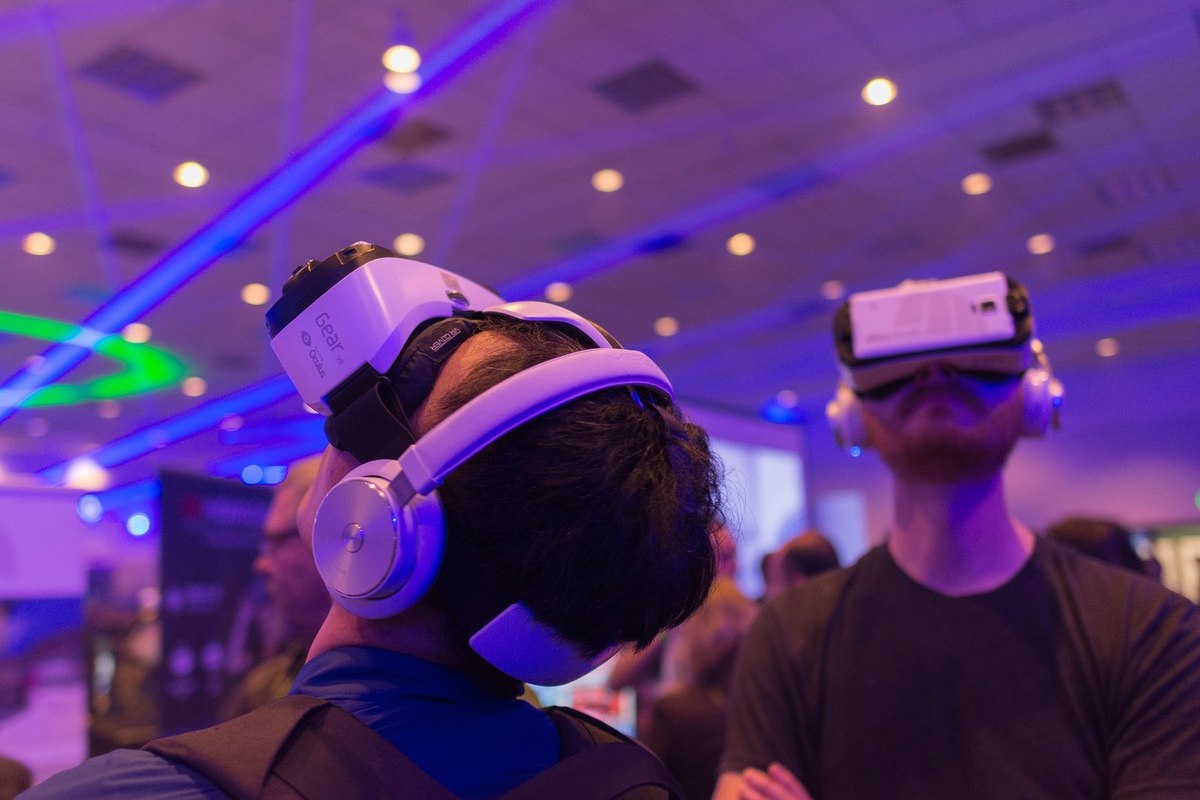
The future's looking virtual for travel booking in MENASA
51% find virtual reality the most appealing technological travel booking concept
YouGov was delighted to unveil the results of our latest Travel Booking Trends study for the Middle East, North Africa and South Asia (MENASA) region today at the Arabian Travel Market 2016. Under the theme ‘The role of big data, predictive and immersive technologies in the future travel booking experience’ the research results were presented as part of an interactive panel discussion with representatives from Google, Facebook and Emirates Academy.
The study sought opinion from over 10,000 travelers across 21 countries in the region and was designed to understand the reactions to recent technological advancements in the travel booking experience. In particular, it analyzed attitudes towards peer-to-peer services, the rise of predictive travel planning services and virtual reality ‘try before you buy’ technology.
Technological advancements in the travel booking process in recent years have given consumers the power to self-direct their own travel booking experience, an experience that once was firmly in the hands of travel agents alone.
To start with, our new research found that in the pre-booking phase, residents’ choice of travel destination was the most highly inspired by television shows and Facebook, cited by 75% of the sample respectively. In fact, the results also highlighted how heavily travelers in the region rely on social media to inspire their destination choices with 72% sourcing ideas from Instagram, 65% from Snapchat, 63% from Twitter and 60% from Pinterest. 62% also sourced ideas from films.
| Watch a quick round-up of the YouGov Session |
|---|
Inevitably, recent technological evolution has resulted in an array of exciting and innovative solutions to aid the travel booking process that are increasingly being adopted by businesses operating in the region. How responsive are consumers to these concepts? Interestingly, the concept of being transported into a virtual world to experience your holiday as a ‘try before you buy’ approach was the most exciting for respondents. Indeed, 51% agreed it was very appealing, making it the most appealing technological concept to aid their travel booking process in our report.
Many also indicated virtual reality would add value to their decision-making experience. As such, 64% were willing to visit a travel store with the technology and 71% were prepared to download travel specific virtual reality content to their devices. Just under a third also confirmed that they would book their next holiday following a positive in-store virtual reality experience.
Slightly less appealing were services that use predictive technology to help travelers compile their travel itinerary based on big data. The research shows that 31% found the concept very appealing. This could be down to 47% of respondents who claimed it would take away the enjoyment of planning their next holiday, which was particularly prevalent amongst Emiratis (65%). Others had concerns over the security of their data with 71% claiming they would need to ensure their data was completely secure before using the concept, particularly voiced amongst Westerners (79%).
How online travel companies use their stored data was another concern (54%), voiced the most by Westerners and Emiratis. Nonetheless, nearly two-thirds (62%) of the full sample claimed they would use predictive itinerary planning services and just under half (43%) would pay for them. In an increasingly saturated online travel market, it could be that the concept is just too good to turn down for those looking for a simpler, more structured approach to planning beautifully tailored holidays.
Technology-based networks related to hospitality/tourism which offer services from individuals that are sold through online platforms such as car booking services like Uber and online accommodation portals like Airbnb, known as peer-to-peer services, were the least appealing concept in our report. 27% said they found the idea of using peer-to-peer taxi services very appealing, whilst only 17% found peer-to-peer accommodation services very appealing.
Whilst a fairly high proportion of respondents were aware of the concept for booking taxis (78%) and accommodation (55%), current usage statistics for taxi services are still fairly low, at just 15% for business purposes and 12% for leisure purposes. When it comes to accommodation fewer than 1 in 10 currently use it both for either business or leisure purposes (9% each).
There’s no question it’s an exciting time for travelers as the industry embraces technological innovations that have the ability to transform our travel booking process in ways we never imagined possible. This report suggests virtual reality is leading the way creating the most appeal amongst consumers, a concept that could be greatly adopted in both an online and in-store environment.
Despite obvious concerns about data security related to predictive planning services, it’s clear their value isn’t being ignored with a significant proportion of respondents willing to pay for such services. Perhaps the region isn’t ready quite yet to fully embrace peer-to-peer services, which are relatively well-known but unused. Nevertheless, the very nature of their existence on technology-based platforms which link seamlessly to popular inspiration sources such as social media and endless possibilities with predictive technology may prove advantageous for future development and adoption in the region.
Source: YouGov Travel Booking Tends in MENASA study amongst 10,008 travel consumers in the Middle East, North Africa and South Asia, between 11 and 21 February 2016. Data is broadly representative of the online adult population in MENASA.
Discover more about YouGov's travel and leisure research services in MENA »